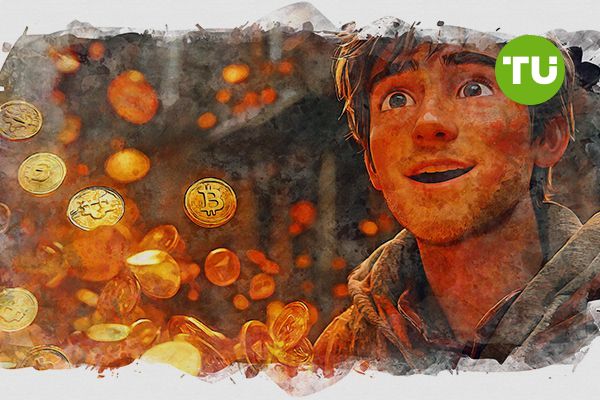Bitcoin as generational shift: Why Gen Z chooses to ignore system
 How Bitcoin is becoming the foundation of a new social contract
How Bitcoin is becoming the foundation of a new social contract
Can the current economic model still offer anything that young people can truly believe in? Is there room left for trust in the state, institutions, and central banks when the grand promises — stability, prosperity, social mobility — keep turning out to be just that: promises?
While older generations fight to preserve the system, younger ones simply walk past it. For much of Gen Z, the financial system, state-controlled monetary policy, and even the very idea of centralized stability now seem like relics of a bygone era. But this isn't rebellion, nor is it romantic refusal — it's a search for a different kind of architecture. One that is digital, more rational, and self-directed. And the tool — or perhaps the lifeline — for building that new reality has become Bitcoin.
In a world where guaranteed tomorrows vanished along with steady jobs, reliable pensions, and trust in the news, young people aren't trying to fix the system. They're building a new one — digital, decentralized, and voluntary.
Where the centralized world begins to crack
One of the clearest voices articulating this shift is market strategist Jordi Visser. In a recent podcast with crypto entrepreneur Anthony Pompliano, he argued that the more citizens grow angry about economic injustice, the more aggressively governments print money to calm the unrest. According to him, this model only deepens public mistrust — and fuels the appeal of decentralized alternatives like Bitcoin.
Loading...
When the state increasingly acts as both a player and a referee, and monetary expansion replaces long-term strategy, younger generations start looking for alternatives. Not out of fashion — but out of necessity. Their accounts, their savings, and their future have become collateral.
A centralized system demands trust. But trust is a resource, Gen Z no longer gives away freely. Bitcoin promises nothing — except mathematically guaranteed scarcity. And in a world where even the weather feels unstable, that promise is oddly reassuring.
A generational divide in money
This growing skepticism is already playing out in financial markets. The U.S. Dollar Index (DXY), which tracks the dollar’s strength against a basket of major currencies, recently dropped to its lowest level in three years. Markets are sending a message: trust in fiat isn’t just fading in theory — it’s evaporating in practice.
For older generations, fiat currency meant reliability. It was backed by state power, economic growth, and institutional authority. In their minds, the dollar represented purchasing power, pensions, the ability to save and pass on wealth. It embodied the stability that came after wars, technological progress, and America’s global dominance.
Gen Z sees something else entirely: chronic inflation, widening inequality, the erosion of labor’s value — and, above all, a government debt spiral that’s spinning out of control. The very fact that countries are now establishing national Bitcoin reserves — to hedge sovereign debt or preserve monetary independence — marks a clear shift in narrative. When the issuer of the global reserve currency must maintain a constant trade deficit just to provide the world with dollars, long-term credibility begins to crack.
This structural contradiction — between the dollar’s global role and domestic debt burden — is driving more attention toward alternatives with fixed supply. Bitcoin isn’t appealing because it’s perfect. It’s appealing because inflation isn’t written into its code. The dollar, once a symbol of strength, now feels like a worn-out tool still running on inertia.
Loading...
Bitcoin as the backbone of new autonomy
In many countries where keeping money in a bank is a risk — and sending it abroad a crime — Bitcoin has already become a means of preserving not just wealth, but dignity. One of the clearest examples is Venezuela in the last decade: as the local currency lost value by the week and the government clamped down on exchange and capital controls, thousands turned to Bitcoin as the only way to protect what they had or receive money from abroad.This is where Bitcoin’s real value comes into focus: it allows individuals to exist outside the reach of state control.
Conclusion
For the younger generation, Bitcoin isn’t about “buying the dip” or timing the market. It’s about owning something that doesn’t vanish when politics change. It’s about minimal, but real, autonomy. And it’s about responsibility — for custody, for decisions, for risk.
That’s the deeper shift: in a world that increasingly feels monitored and managed, Bitcoin remains the one currency you can truly call your own. It’s not a challenge to the state — it’s a quiet demand for something that can’t be taken away.
To some, Bitcoin is just code. To others, it’s the beginning of their own economy.













































































































































